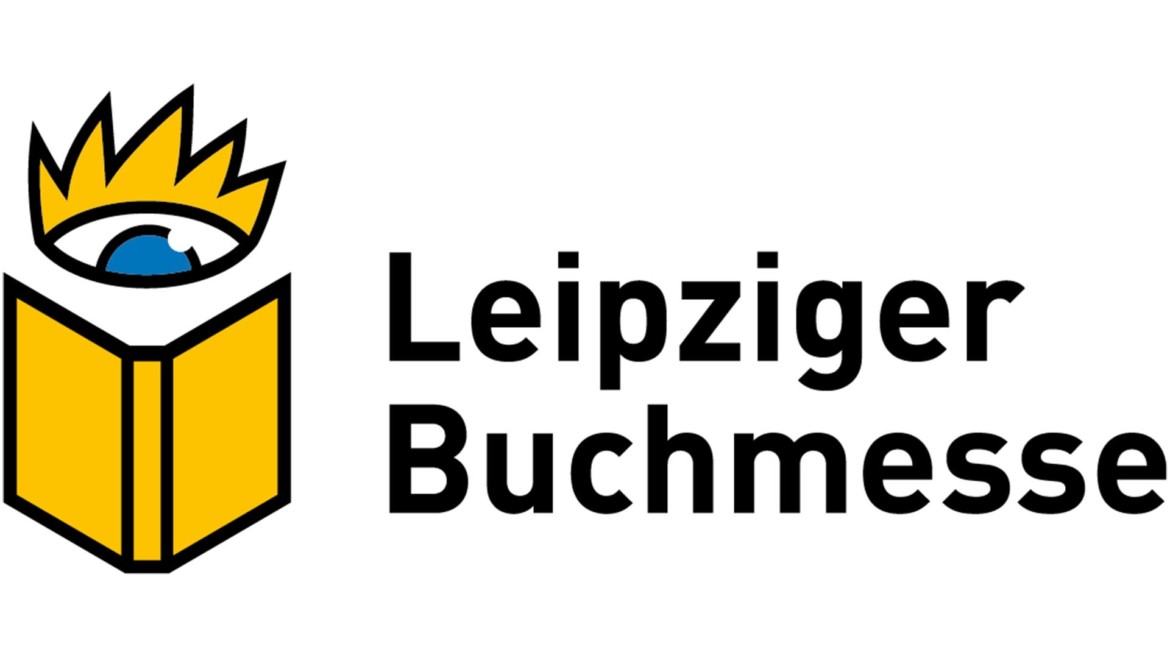When your manuscript is ready in front of you, it would be nice to have someone else read it besides yourself. Publishing your own book brings very different challenges than writing itself. A publisher or a publishing house can support the author in publishing and marketing the book. When looking for a suitable publisher, the book does not have to be arbitrarily shipped out into the wide world. Much more important and helpful for marketing is a publishing house that fits the author and the work. Local and smaller publishers can be an advantage here. Publishing houses are usually specialized. Some of them specialize in certain areas, such as young authors or certain genres. A look at the books published so far can be informative here. Especially if they are similar to your own manuscript.
Convincing a Publisher
Before you hand in your manuscript to your chosen publisher, you need to create a synopsis. If you can describe your story in just a few words, you’re a big step further. The finished synopsis now goes out to the selected publishers. Rejections and non-responses are not uncommon. Don’t be discouraged and take another look at your synopsis. Perhaps you will find parts that you can formulate even more convincingly. Feedback from the publisher who does not want to publish your work can also be helpful.
LITERATy Agency
Another way to publish your manuscript through a publisher is to hire a literary agency. A frahling represents the author’s interests vis-à-vis contractual partners such as publishers. Unlike a publishing house, which only represents itself, a frahling tries to place the manuscript with different publishers. He or she acts as an intermediary between authors and publishers. Here, too, it is important to research carefully whether the agency’s offer suits you and your work. Just like publishers, agencies specialize in certain genres and types of texts. In addition, the services offered by a publishing agency are not cheap.
Contract and Marketing

If you succeed in convincing a publisher, the next step is the publishing contract. You negotiate the terms yourself or with the publisher. It is common for the publisher to pay an advance and, if the book is successful, additional royalties.
Publishing is a team effort. The text is discussed with the editor. Cover and title are agreed upon. With reputable publishers, the individual steps are characterized by professionalism. Nothing is left to chance.
After optimization, your book is published and delivered to the trade. Which marketing strategy is applied to your work depends on the publisher and the importance they attach to the publication of your book. But once your book is published, you have a foot in the door of the literary market. How much depends largely on how successful your book becomes. With about 70,400 new publications (figures from 2019) per year, this is no easy task for beginners.
SAfety AND PROFessionalism
When publishing through a publisher, authors do not take any financial risks and can be sure of professional support. The preparation of the text, the layout and the cover is a further gain. Authors also benefit from the publisher’s reach and marketing activities. On the other hand, the application process is usually very time-consuming and dealing with rejections can be a psychological challenge. If the manuscript is published by a publisher, there is usually no free title and cover design. Another disadvantage is the sometimes long waiting times for application, production and distribution. Also, the success of the book depends on the marketing strategies and commitment of the publisher.
SELFPUBLISHING
Anyone who wants to publish their own book without major hurdles and dependencies on publishers chooses the path of self-publishing. Various providers on the market, such as Direct publishing, BoD or Smashword, support authors in this process. When choosing a provider, it is important to pay attention to the specific offer and the respective costs incurred. Once a suitable provider has been chosen, the author must decide whether the work should be published as an e-book or as a printed book, or in both forms. In this and all other decisions, the author is on his or her own, which brings with it a lot of freedom but also a lot of risks. At each step, help from experts can be purchased and the task thus outsourced. However, this depends on the available budget, which was planned for the marketing.
Self-publishers are well advised to purchase accounting software that keeps track of the financial side of publishing. This way, you won’t be surprised by expenses and you can clearly see how many books have to be sold to end up with at least zero.
Once the budget is planned, marketing can start. It is important to make the book known to readers in the best possible way. A homepage with a blog has become just as natural for this as the targeted use of social media. The main thing is to establish contact with your own target group. Apart from the manifold possibilities of marketing one’s own book on the WWW, there are also effective strategies offline, such as intensive press work and organizing readings. In any case, a high degree of stamina and a lot of work is necessary to make the publication of one’s own book successful.
FREedom AND Responsibility
The absolute freedom in terms of deadlines, schedules and frequency of publication is a great advantage for many authors. The decisions, as well as the rights around the book and the publication lie with oneself. The possibility of publishing one’s own work immediately also speaks in favor of self-publishing. Another profitable aspect that cannot be denied is that most of the income remains with the author.
The many freedoms in all decisions around publishing as a self-publisher also guarantee a high degree of personal responsibility and personal contribution. For example, press work is more difficult than for publishing authors. And the lack of professionalism in the individual steps of the process can also jeopardize the success of the book. In addition, not every self-publisher finds it easy to calculate costs, revenues and profits.
Conclusion
Which form of publication is ultimately sought for one’s own work should depend on one’s own goals and ideas. However, one does not completely exclude the other. Authors succeed in gaining a large readership through self-publishing and in attracting the attention of publishers through their successes. Both forms of book publishing and book marketing have their advantages and disadvantages. Authors must weigh up for themselves which form suits them and how much of their own work, in addition to writing the manuscript, they would like to put in and can make possible in terms of time.







Leave a Reply